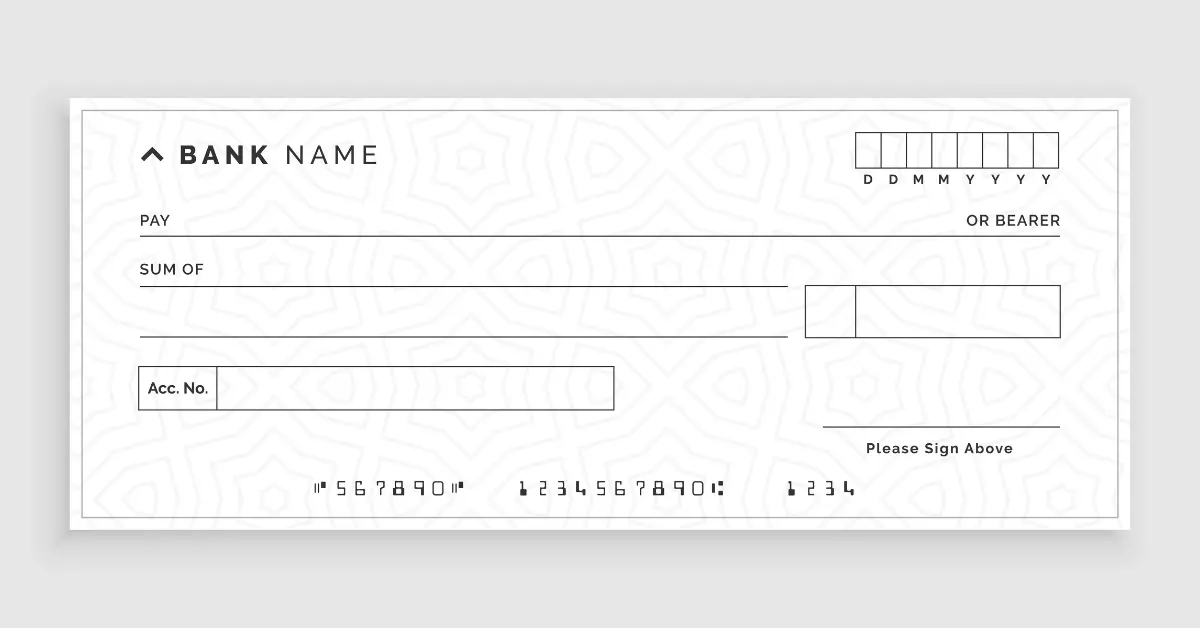
A blank cheque is a signed cheque but with certain conditions. Let us understand the key features of the blank cheque from the following table:
| Key Feature | Description |
| Signed by Account Holder | Yes. |
| Payee Name | No. The name of the recipient is left blank. |
| Amount in Numbers | No. This field is empty. |
| Amount in Words | No. Also left empty. |
| Date | Optional. It may be left blank or filled in. |
| Risk Level | High. Misuse is possible if it falls into the wrong hands. |
| Legal Standing | Yes. It is legally valid once signed, even if other fields are blank. |
A blank cheque is considered a negotiable instrument under the Negotiable Instruments Act, 1881.
There are specific scenarios and situations where blank cheques are required and used in India. The following are some of the cases where blank cheques are used:
When you apply for a personal loan, some banks or financial institutions may ask for a signed blank cheque. This is required for the following reasons:
Sometimes, people use blank cheques in family or business settings where there is a high level of trust. Let us understand this from an example:
In many informal or private lending situations, lenders ask for a signed blank cheque to secure their money. This is not regulated and can lead to legal issues.
Some service providers may ask for a blank cheque to set up standing instructions or auto-debits for regular payments like:
If you happen to be in one of the above situations and must issue a blank cheque, then we recommend the following instructions to reduce risk:
Do not issue a blank cheque until and unless it becomes an absolute requirement.
The following are the rules laid by the RBI for the validity of blank cheques:
The following are some of the legal implications that can arise due to a blank cheque:
In case of personal loans, blank cheques are usually used for loan verification and repayment setup. The following table explains how blank cheques are used in personal loans:
| Role | Purpose |
| Bank Account Verification | Confirms that the account belongs to the loan applicant |
| Signature Matching | Used to verify the authenticity of the signature |
| IFSC Code Check | For setting up auto-debits through ECS or NACH |
| EMI Security | In case of default, a cheque may be used as a backup recovery tool |
We strongly recommend that you always ask the lender to give you a written agreement regarding the use of your blank cheques.
Many people confuse a cheque leaf with a blank cheque. But there are huge differences, as mentioned in the table below:
| Parameter | Cheque Leaf | Blank Cheque |
| Filled Details | Can be filled or unfilled | Always signed, but details are left empty |
| Use | Common bank transactions | Used in special cases |
| Risk Level | Low | High |
| Example Use | Self-withdrawal, payments, deposits | Loan security, trust-based transactions |
With the advent of today's digital world, there are many safe alternatives to using blank cheques. The following are some of the alternatives:
| Digital Option | Use Case | Safety Level |
| UPI | Instant money transfer | Very High |
| Net Banking | Scheduled payments, fund transfers | High |
| Standing Instructions | Recurring payments | High |
| Aadhaar-based eMandate | Loan and SIP auto-debits | Very High |
In India, blank cheques are still used in many formal and informal transactions. They are a flexible tool but come with a high risk. With the growing use of digital banking, the use of blank cheques is reducing. However, they are still requested for personal loans, EMI setups, and business deals.
If you ever issue a blank cheque, make sure you trust the person completely and follow all safety guidelines. Also, keep a backup of documents and written agreements. In modern times, you can also explore secure digital payment systems like UPI and eMandates. If you want financial advice or want to use all BFSI services in one app, then the InvestKraft App is for you. All you need to do is visit InvestKraft and start your financial journey.
Yes, but only if you trust the person or institution fully. Without a signature, it is not valid.
It gives the receiver flexibility to enter the amount and payee details later. It is often used in personal loan processing.
Yes. Misuse is a criminal offence under Indian law. You can face legal action and penalties.
Immediately inform your bank and request a stop payment. File a police complaint if needed.
Yes. Digital options like UPI, internet banking, or Aadhaar-based mandates are safer and more traceable.

Diwakar Kumar Singh is a finance writer and BFSI specialist with 7+ years of experience in financial content and research. He has authored hundreds of finance articles, published multiple books internationally, and contributed to research publications. A Gold Medalist MBA from IMT, he brings a strong analytical understanding combined with clear, reader-focused communication. His work focuses on simplifying complex financial topics, including IPO analysis, unlisted shares, financial ratios, and company evaluations, providing well-researched and evidence-based insights to help readers make informed financial decisions.
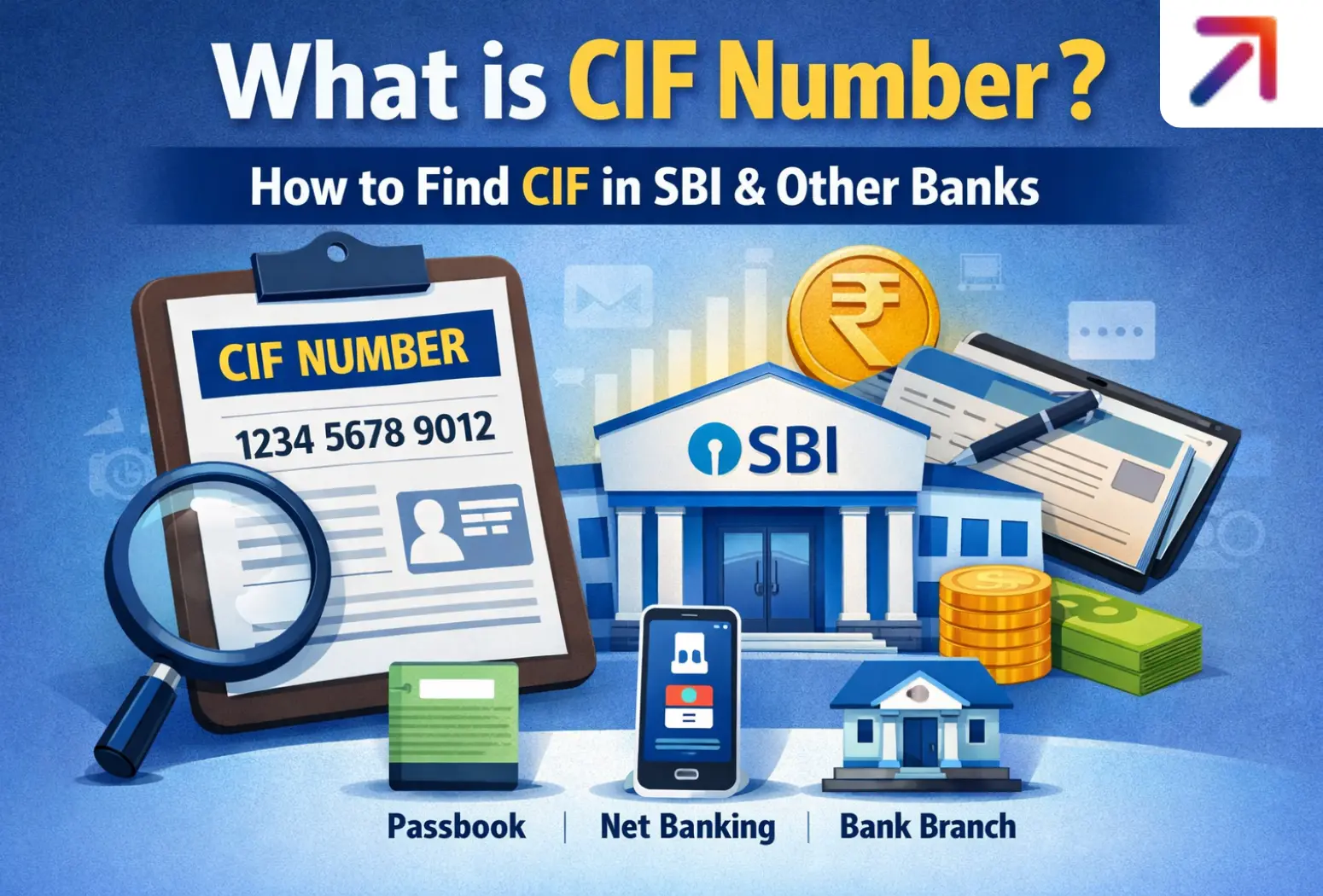
If you have ever checked your bank passbook or net banking profile, you may have noticed a ter...
Read more...
CIBIL full form is Credit Information Bureau (India) Limited. It is India’s first and most wid...
Read more...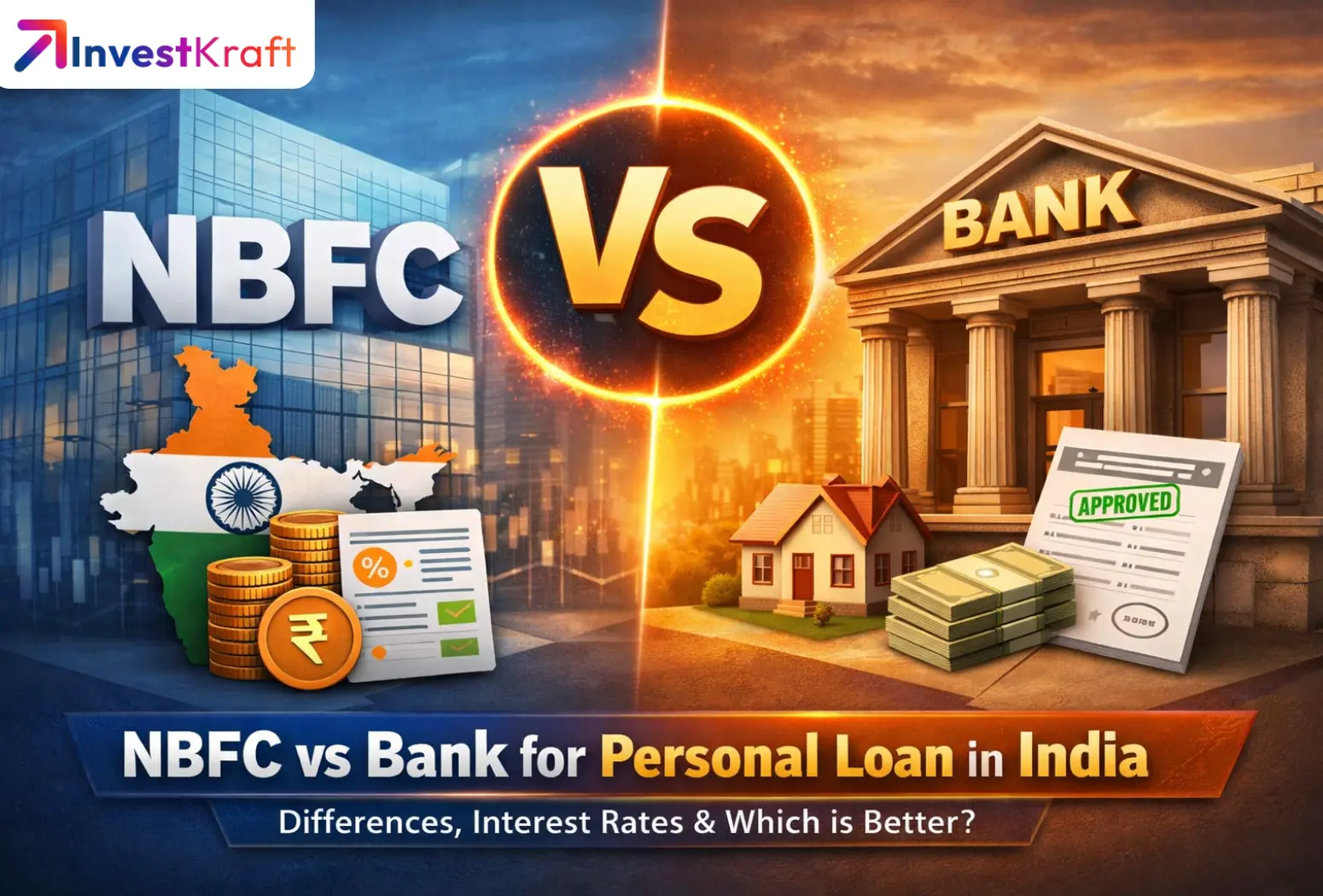
When it comes to personal finance, choosing between an NBFC (Non-Banking Financial Company) and a tr...
Read more...
Looking to make some extra cash from home in 2026? You're in luck. With the rise of digit...
Read more...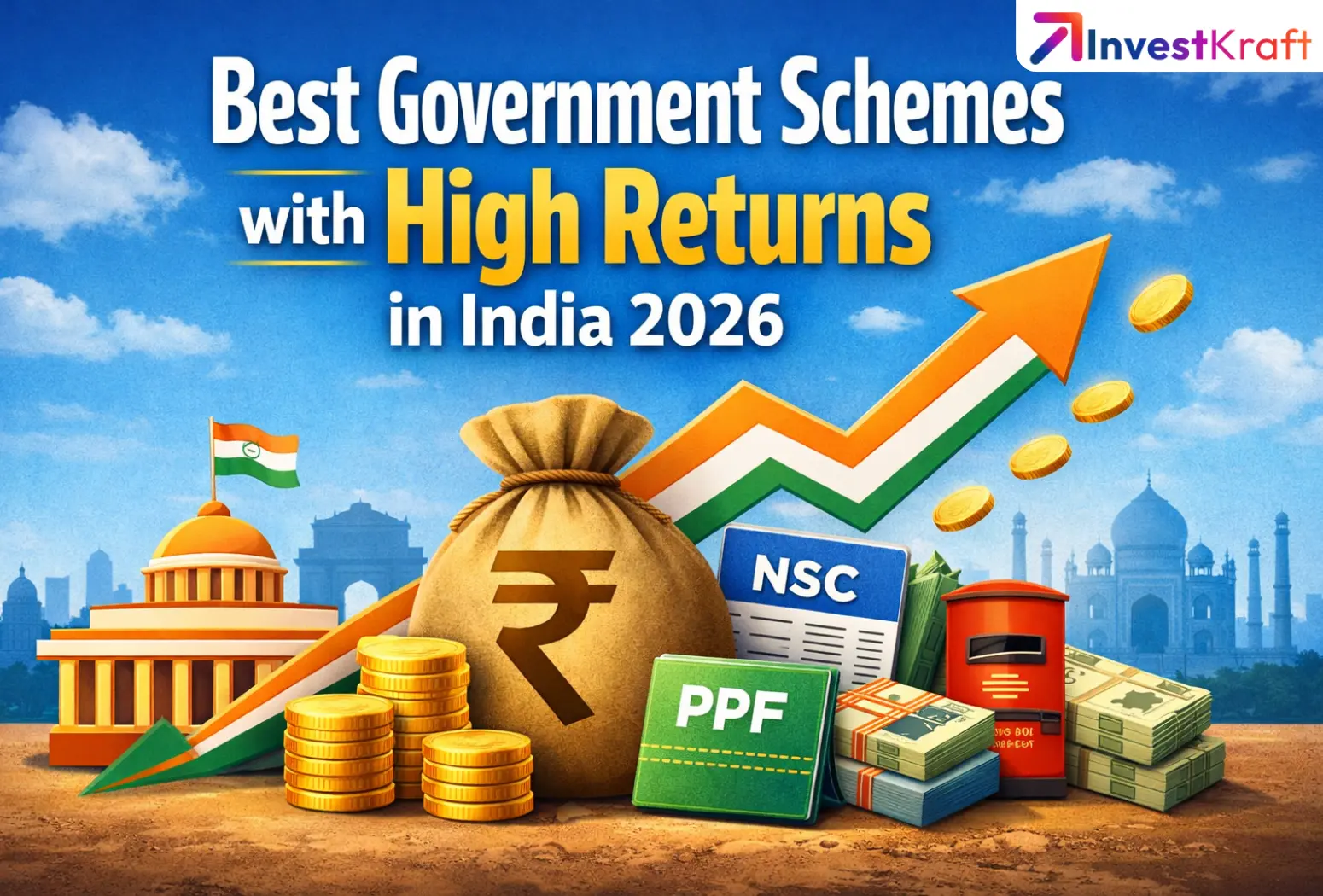
Investing in government schemes is a smart way to grow your money safely. These plans are back...
Read more...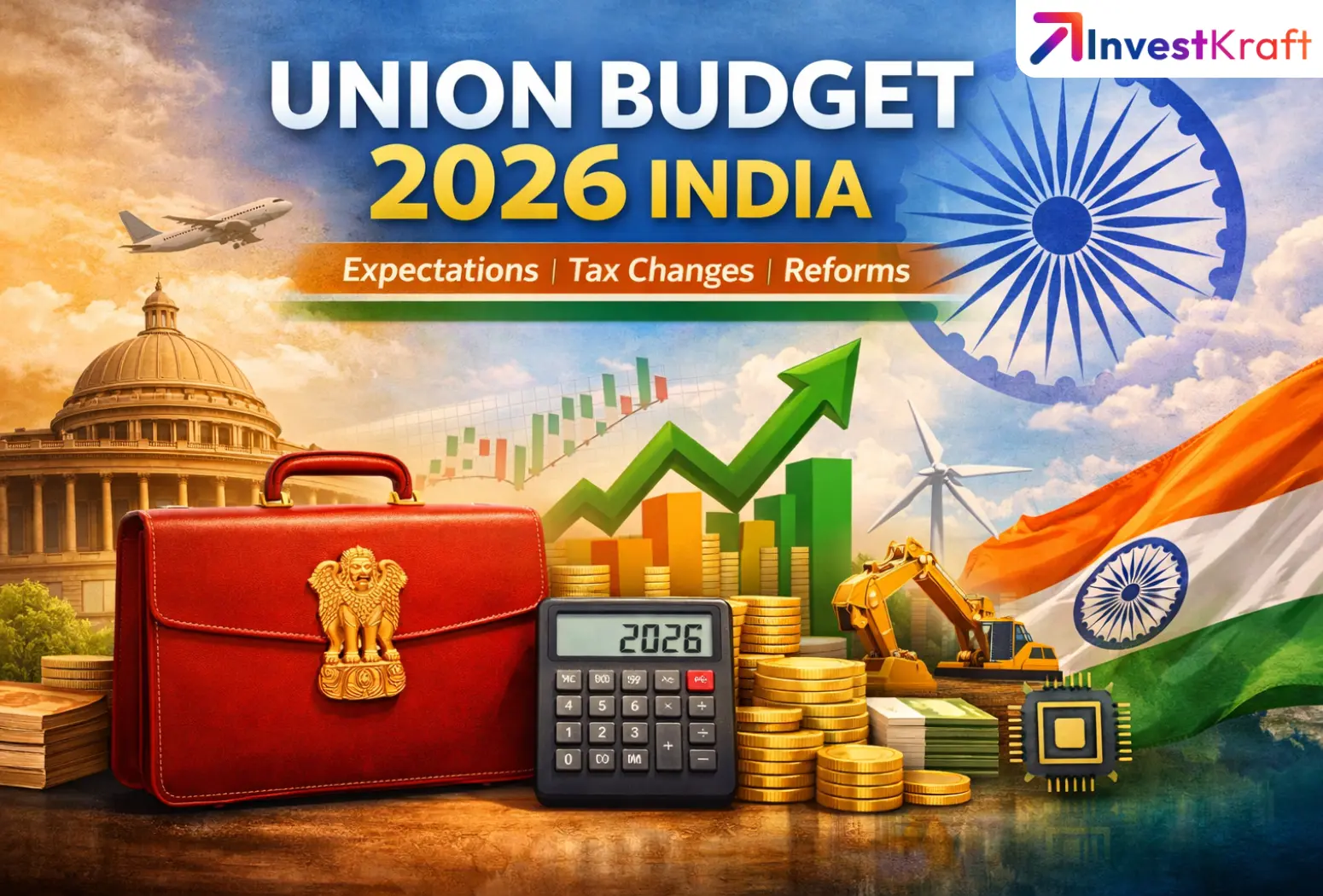
The Union Budget 2026 is India’s annual fiscal plan for FY2026-27, outlining the government’s...
Read more...
Want to know a risk-free investment option with a high monthly return? Then we strongly recomm...
Read more...
With the advent of AI and digital payment methods, India has recently seen a surge in fintech...
Read more...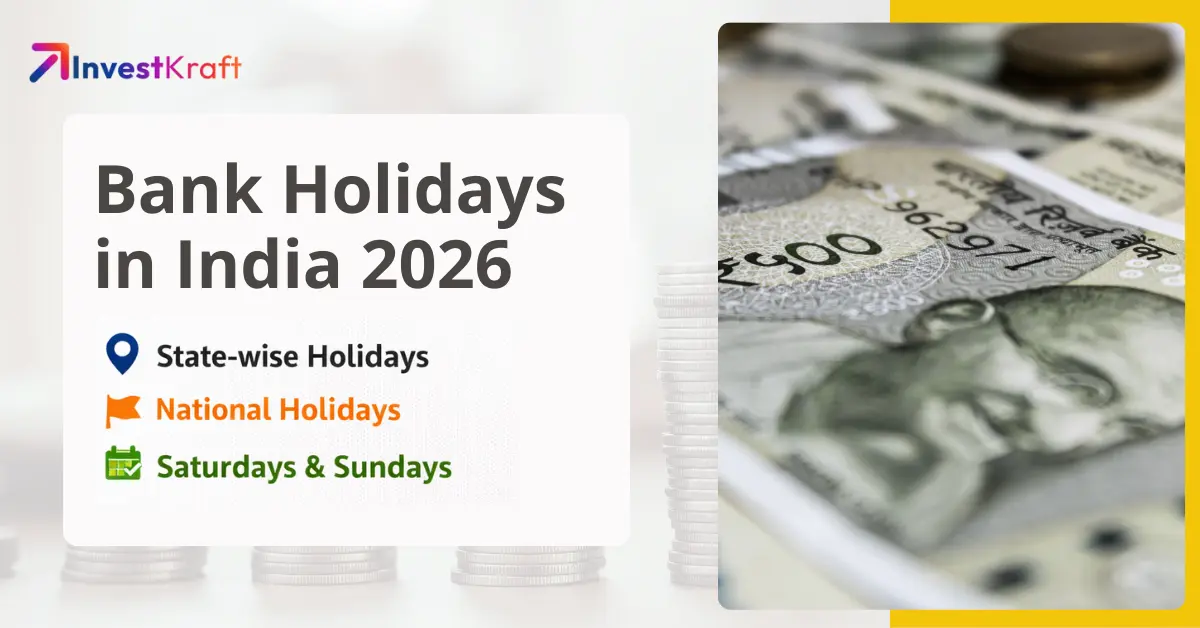
Before you head out to carry out your important banking activities in 2026, please read this b...
Read more...
There is a moment in everyone’s financial life when they look at their credit card bill and wo...
Read more...Reach out to our Experts if you have any Doubts
Drop a Mail or give us a Missed Call & Begin your Investment Journey here
